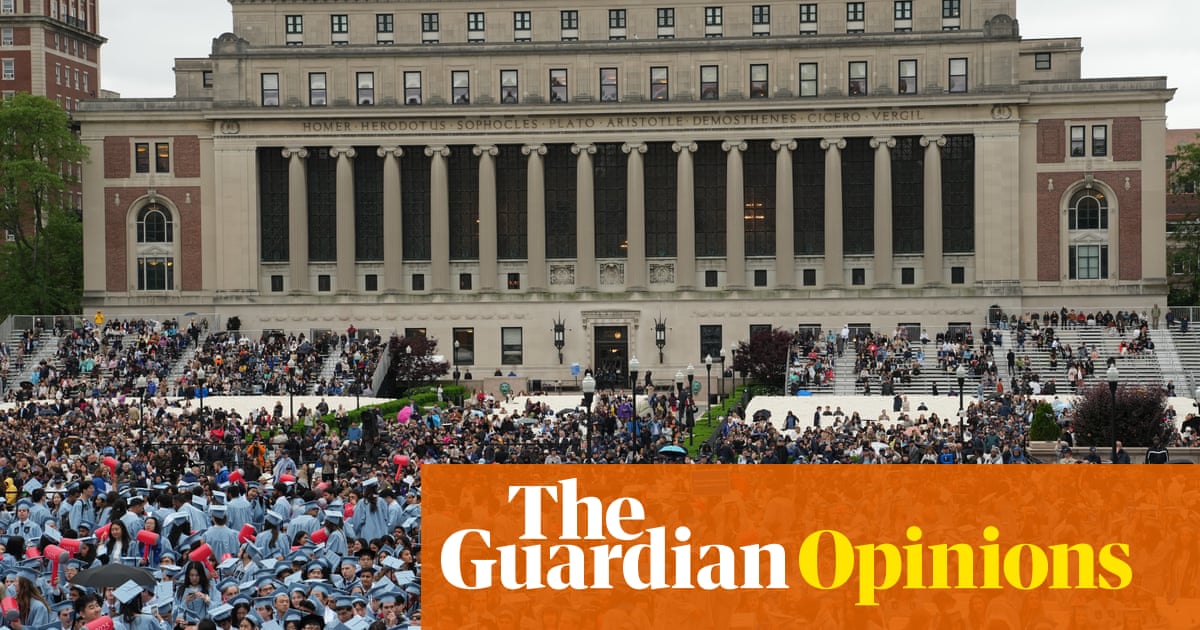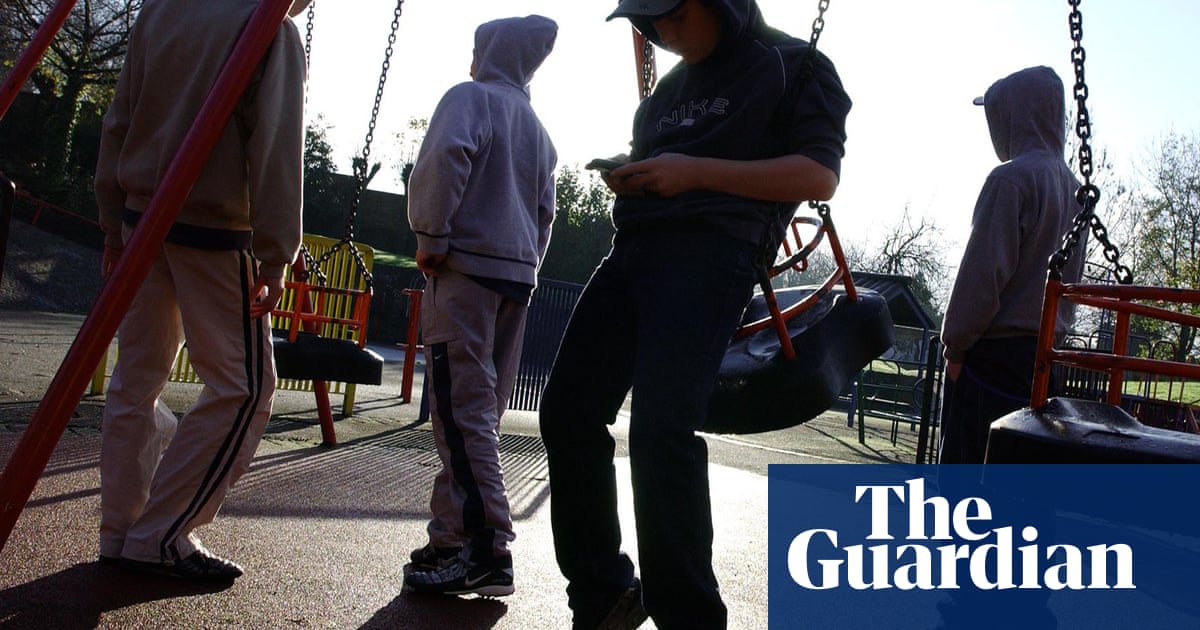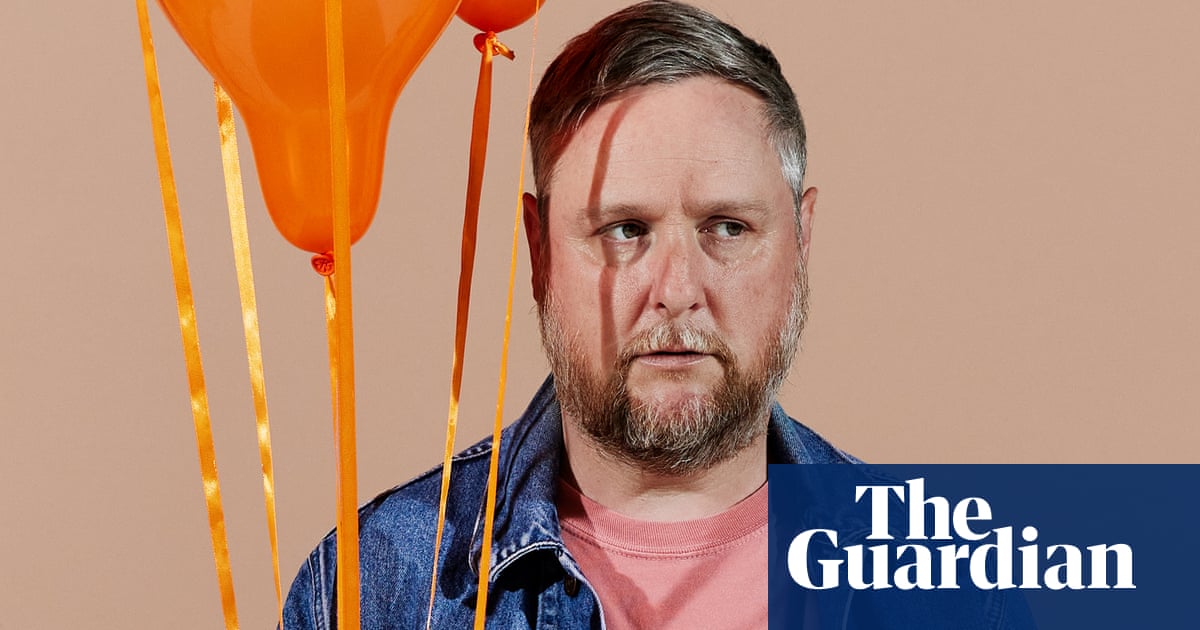I am 81 and in good health, but it is statistically likely that I could find out that I am suffering from a disease from which I will die. If I find that I am going to lose my greatly valued independence and suffer increasingly intolerable pain, I wish the option to end it. I would like that option without having to go to a soulless clinic in Switzerland, causing any relative who in any way assists me to possibly be subject to criminal investigation.
But Sonia Sodha is concerned about the possibility of what she calls “wrongful” deaths; of people who have chosen to die, but might have been influenced to do so (“Voices that oppose the assisted dying bill aren’t ‘noise’. They are vital scrutiny”, Comment). To remove that risk, she proposes creating more hoops than those already in the bill through which someone has to pass before being allowed by the state to die when they choose. And if they don’t satisfy the judge, they will be kept alive and in agony despite their clear wishes. If such a law is an improvement on what we have now, I don’t see how.
RBL Owen
Chetnole, Dorset
The fact that family members have no right to know about an individual’s choice or intention is wholly consistent with our societal obligation to treat competent adults as individuals, not owned by their family. That individual’s choice and exercise of free will cannot be subject to their family’s views and may certainly be made with a desire to avoid excess suffering, rather than avoiding being a burden.
Pat Stevenson
Holywell, Northumberland
AI threatens livelihoods
We are among the 2.4 million people working in the UK creative industries. We are astonished that the government is making plans to do away with significant areas of our intellectual property rights, readying to hastily wrap our life’s work in attractive paper as a welcome gift to automated competitors.
Matt Clifford, the government’s AI opportunities adviser, made the wishlist of generative AI developers front and centre of the implemented AI Opportunity Action Plan, of which clause 24 calls on the government to put an end to copyright protection as we know it and introduce an exception that would make our country a data-mining paradise for the generative AI industries.
If implemented, it will be legal for AI companies to scrape everything we upload, without licence or permission. They will be allowed to profit from the output of commercial AI products that would be trained, for free, on our copyrighted work. The livelihood of workers will become their profit.
The mechanism that is meant to balance the rights of creators against those of AI developers is an “opt-out” option, the same mechanism that the EU tried, but failed, to implement. Opt-outs are universally considered unfair and unworkable by anyone who has looked into the matter objectively, including many in parliament. Moreover the burden of reserving the rights would fall on us, the creators, reversing the principle of automatic protection that underpins UK copyright law.
In an attempt to justify this indefensible transfer of value – from our industry, who produces it, to the one that wants to extract it – those who push for the reform have fabricated a rhetoric of “uncertainty in the law”. This, regrettably, has been amplified through the media. MP Pete Wishart, voicing what we all know, recently said that the notion of current UK law being uncertain is just nonsense, adding that nobody actually believes it, that even AI companies wouldn’t say that there is any question surrounding that idea. Indeed the only issue that urgently needs to be remedied with new legislation is transparency: if AI companies can refuse to disclose the content of their datasets, any talk of fairness is farcical.
We stand beside our government in their effort to make our economy thrive and the United Kingdom a successful and welcome home for trailblazers. The creative industries are already a successful source of wealth for the nation, accounting for more than 5% of GDP and contributing £124bn of value to the economy. But they do more than that: they’re a source of pride, joy and wellbeing for the people of this country and the crown jewel of British soft power. Subjecting our creative industries to the desires of Big Tech will boost neither growth nor innovation: unregulated tech is inherently extractive in nature and we run the risk of seeing it bleed our industries of the energy that comes from its grassroots in a reckless and unsustainable “slash-and-burn” approach that sacrifices quality and our values for the sake of a quick buck.
Large language models are sensational in their capacity to imitate thought and human expression, but they don’t think, they can’t feel and they can’t question norms. Creativity remains, unquestionably, a human trait. Culture is a human artefact, our heritage was created collectively by the people and it should remain under their care.
The government’s public consultation on copyright and AI runs until 25 February. This is our last chance to express our concern and disagreement to the approach proposed. We are demanding transparency and a strong copyright regime that safeguards the livelihood of freelance workers and the vitality of human creativity.
Michael Rosen, Mark Haddon, Brian Merchant, Axel Scheffler, Rob Biddulph, Felicita Sala, Benji Davies, Marta Altés, Stanley Donwood and many others
On the wrong side of history
“Humiliated and anguished, European leaders are crying ‘betrayal’ ”, says Andrew Rawnsley (“Europeans are right to be angry with Trump, but they should be furious with themselves”, Comment), but the analogy from the Munich security conference should not be with the Munich agreement of 1938, but the Nazi-Soviet pact of 1939, when Hitler and Stalin partitioned Poland and triggered the Second World War. This time, the Germans are defending democracy and the Americans – tearing up the rules-based international order, choosing far-right politicians as collaborators and denouncing liberal values as decadent – are on the wrong side of history.
Robert Gildea, Professor Emeritus of Modern History, University of Oxford
Why gen Z is disillusioned
I am not strictly gen Z, being a younger millennial, but I do feel a lot of those “trends” ascribed to gen Z apply to me (“They say we don’t like sex, drugs, democracy or DIY. But here’s how we in gen Z really feel”, Focus).
There is a sense of disillusionment among my peers over social mobility and justice. Politicians keep courting and chasing older generations of homeowners and pensioners, which is reflected in their decisions. Our voices seem not to matter, and there isn’t a party or platform that seems ready to represent and protect our interests. As for DIY, neither I nor my husband has ever owned a wall where we could practise putting in a nail or painting, without repercussions from a landlord.
Diana Anisimova
London N6
Spend more, get more
In The Great Crash of 1929, JK Galbraith highlighted how a dogmatic belief in a “balanced budget” and fear of inflation was a formidable straitjacket on governments’ ability to mitigate the impact of the financial crash and the depression that followed.
Nearly a century later, Rachel Reeves finds herself in the same trap (“How to dodge an economic crisis: Reeves has three choices – all unthinkable”, News). The only answer appears to be to tax more and spend less, which will have the opposite effect to the reignition of robust economic growth. Keynes argued that we can afford what we can do, rather than do what we can afford. Government deficit spending pumps new money into the economy, creating growth. Isn’t it time the UK threw off this straitjacket?
Jonathan Bunn
London SW15
Mothers and prison
When considering the impact and appropriateness of imprisonment on women, it is important that the issues faced by their children are considered (“Why are women still being sent to prison as ‘a place of safety’?”, Magazine).
The relatively low number of women’s prisons means that often mothers are hundreds of miles from their families, making face to face visits economically challenging. When considering the option of non-custodial sentences, courts should be mindful of the consequences of maternal imprisonment on children.
Stuart Harrington
Burnham-on-Sea, Somerset
Prawns’ painful end
How could anyone think of eyestalk ablation to improve egg production? (“Waitrose to stop selling suffocated farmed prawns, as campaigners say they feel pain”, News.) Obviously, the eyes are on stalks for a very good reason. Most people would think carefully about eating these creatures if they knew how they have been treated.
Marion Rowe
New Ross, Wexford, Ireland
The truth about cats and dogs
I own neither a cat nor a dog, so perhaps I can comment on both sides. We have spent years creating a bird- and wildlife-friendly garden. I do not mind how many cats people have as long as they stop them from digging in the veg patch, sitting under the bird table, trying to catch the butterflies and sitting on the nest box.
Dogs do not come into our garden but I would prefer it if all, not just some, owners cleared up their dog’s deposits in the park. There are bins available. Having a pet is supposed to be a personal pleasure, not a source of irritation to others.
Jenny Walton
Ormskirk, Lancashire

.png) 3 months ago
39
3 months ago
39

















































